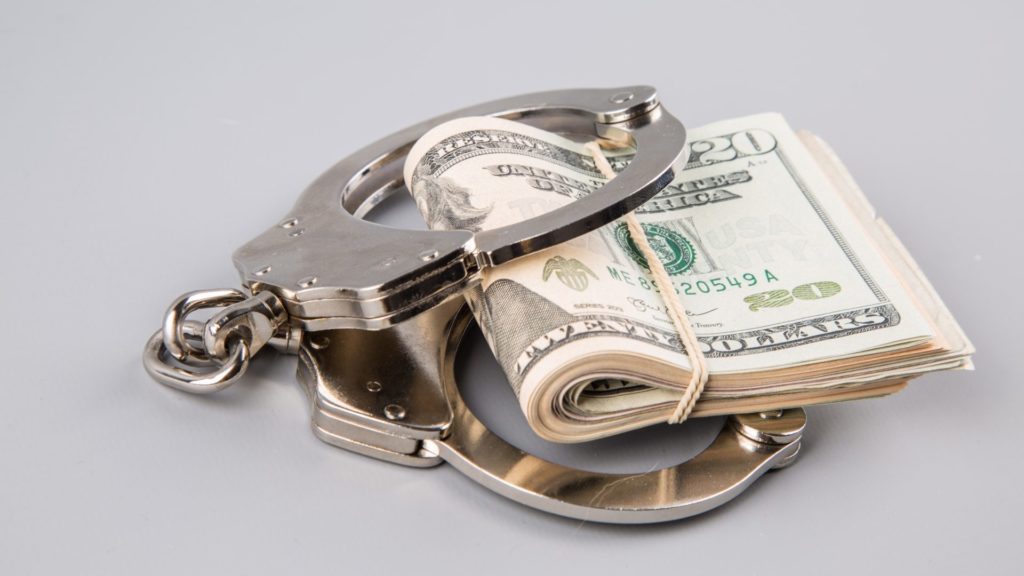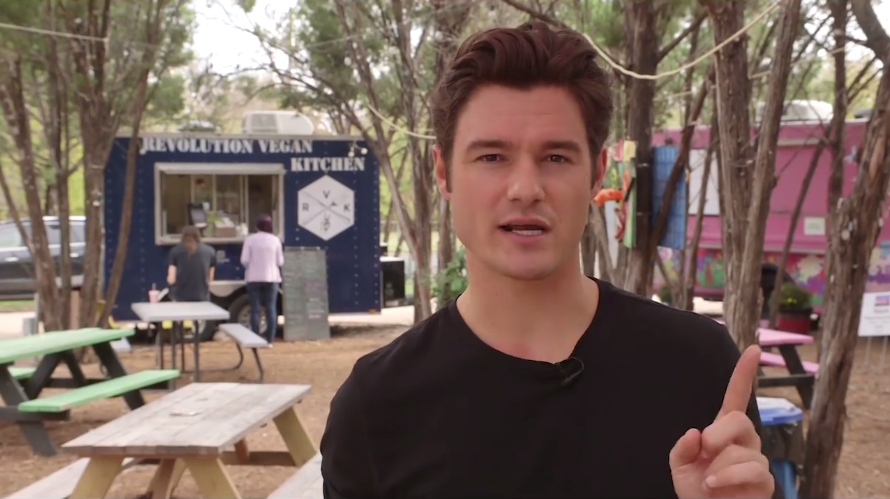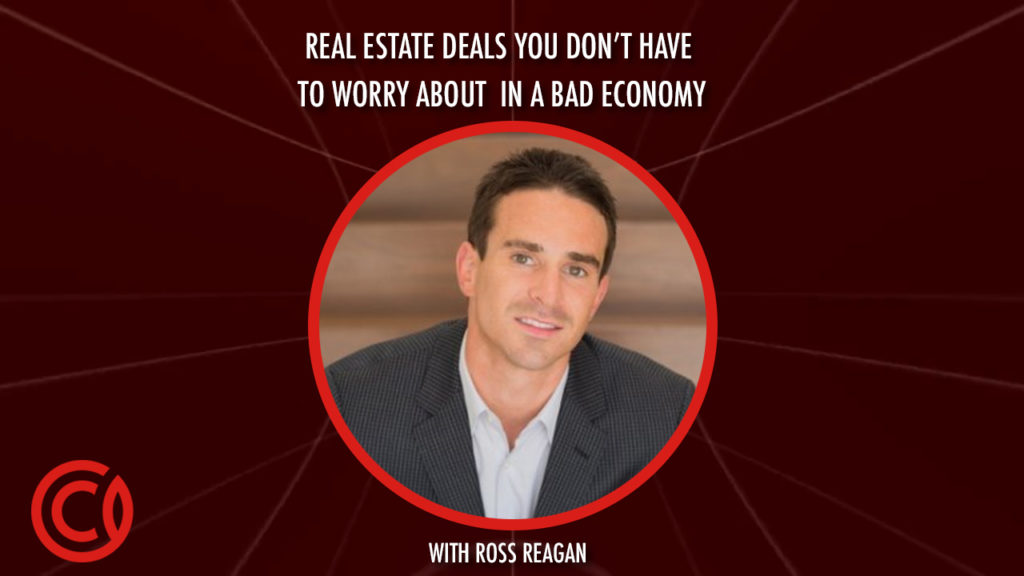Fourteen months in jail and $2 million in legal fees for a tax evasion you didn’t commit.
Does the punishment fit the crime?
If you ask serial entrepreneur and tax expert Aaron Young, who served this sentence a decade ago, you’ll get a resounding “no” for an answer.
…
Young recognized his entrepreneurial spirit early on in life, and wasted no time putting his talents to action. At the age of 18, he started a recycling business in Portland, Oregon. Although climate justice had not yet become mainstream, Young created demand for recycling in Portland, quickly growing his business to 5,000 customers.
After several business ventures, he purchased Laughlin Associates, where he currently remains chief executive officer.
Young leads Laughlin with a free market vision: provide budding entrepreneurs with the same resources enjoyed by big businesses. His clients range from mom & pop shops to the largest yacht broker in the U.S.
Young is also the creator of The Unshackled Owner, which offers a program for entrepreneurs to learn the secrets on how not just to build up a business, but how to train and delegate responsibility to maintain a thriving operation while securing time and financial freedom.
It is this plethora of experience--in addition to his jail time--that made Young an ideal guest for Freedom Fast Lane on the topic of legal ways to reduce taxes.
FFL host Ryan Daniel Moran set the stage by asking Young: “what are some creative and aggressive ways we can avoid taxes without breaking the law?”
The first pro-tip Young advised for beginning entrepreneurs was to maximize deductions through obtaining business certifications.
For example, Young has established himself with the IRS as a certified real estate investor. He qualified for thousands of dollars in in write-offs by spending time doing things that met the threshold for business expenses, like grabbing brochures and making offers on properties. Young and his wife enjoyed art lessons, beaches and Mexican cuisine, all the while earning a tax deduction.
Young also emphasized the importance for beginning entrepreneurs of hiring a certified public accountant. Young’s personal accountant is from whom his Mexico write-off idea came from, and subsequently his write-offs for trips to Morocco and Spain.
“You’ll be paying more up front than if your uncle did your taxes,” Young admits, “but that person will get out in front of things that you’re doing and tell you how to specifically deduct that expense.” Young found although tax strategy seminars and cruises offered more glamour and cheaper rates than hiring an accountant, he gained more long-term value and a stronger grasp on applying tax deduction tactics through the latter option.
Independent contractors can avoid more taxes than employees. Independent contractor’s vehicles, computer, and anything else needed to complete the duties of one’s job qualifies as a work expense, so they can be written off as a tax deduction. Citing his own experience as a real estate investor, Young encouraged all listeners to “have a business, even if it’s a tiny little business,” or to “quit their job and (sic) get rehired as an independent contractor” in order to open a world of possibilities for tax deductions.
For entrepreneurs who have acquired substantial capital, Young unpacks the pros and cons of private foundations and offshore accounts as ways to reduce tax burden.
Young explains that once an entrepreneur establishes a private, charitable foundation, they can take chunks of their income that would otherwise be taxed, and make a tax-deductible donation to their own foundation. Now, they have the privilege to use that money to advance the goals of their foundation, without losing a portion of the money to the IRS. Starting a private foundation, according to Young, comes at a cost of $1 million.
Young also explains that the main benefit of offshore accounts is to protect money from being subject to litigation. He cites this as the reason why former President Barack Obama and then-candidate Mitt Romney likely had capital stored in the Cayman Islands, a tax haven, during the 2012 elections.
If an entrepreneur were to earn any capital gains or other income through offshore accounts, while they’d be taxed at a lower rate than the U.S., it is still required by law to report these profits to the IRS. If an offshore account is discovered unreported, the government will show no mercy in its allegations, which Young knows about all too well; merely associating with someone with an offshore account is what landed him 14 months in jail.
“I never had any restitution, there was no fraud, they didn’t have any problem with my personal tax returns or my company,” he explained. “They said I knew or should have known what (my client) was doing with his offshore accounts. That was enough for me to go to prison.”
Young’s word of caution is clear—stay vigilant with whom you associate in business, or you might risk your financial freedom.
However, during Young’s sentence, the businesses he had built up continued to thrive, due to the culture and systems he implemented within them. Now back in the business area, he continues to use his own experiences to train the business leaders of tomorrow on achieving financial freedom, all while maintaining a sense of humor.
“IRS is like the mafia,” he says in the interview, “as long as you’re doing everything they want you to do, they’ll protect you from everyone else.”
MORE STORIES ON CAPITALISM.COM:
• How to Build a Strong Mobile Home Investment Portfolio
• How to Strategically Invest in Media and Music Royalties
• I Just Paid Trump $300,000 in Taxes, Which is About Half of My Tax Burden for the Year







